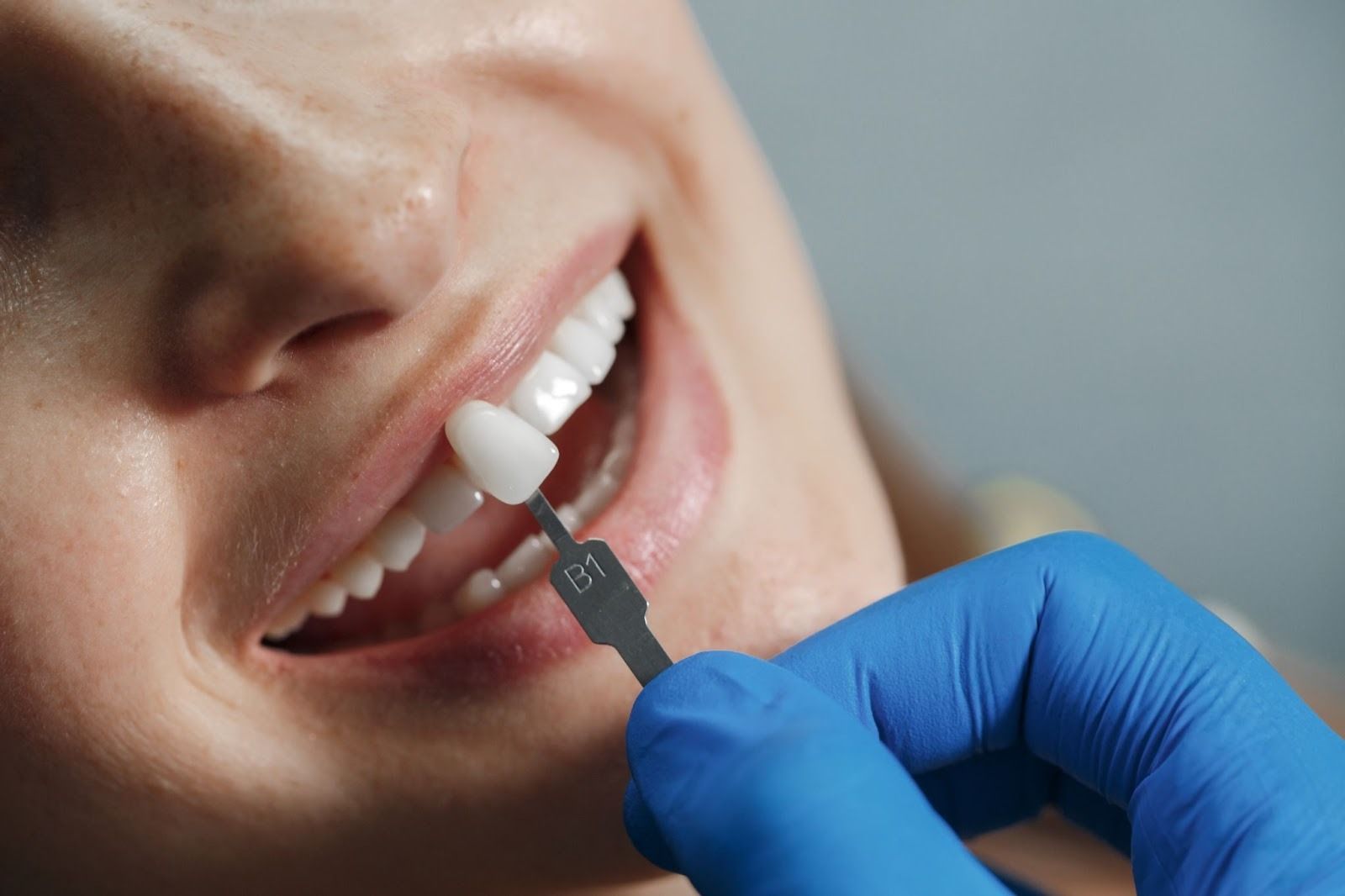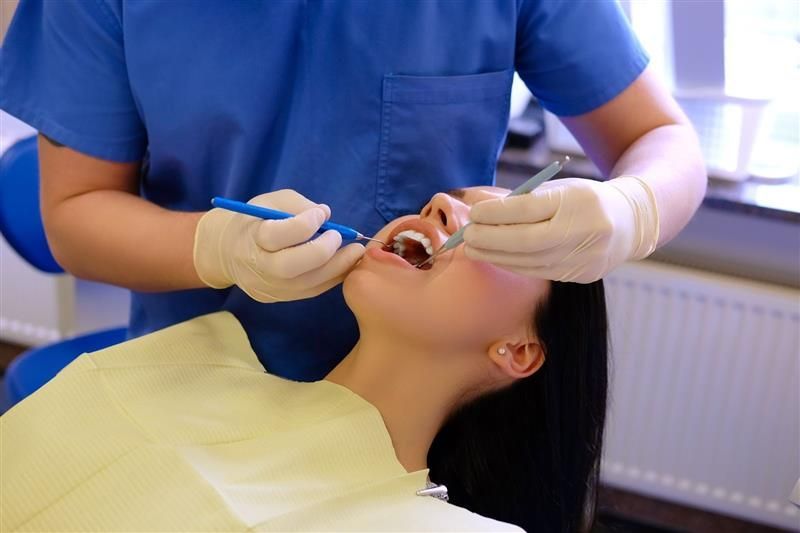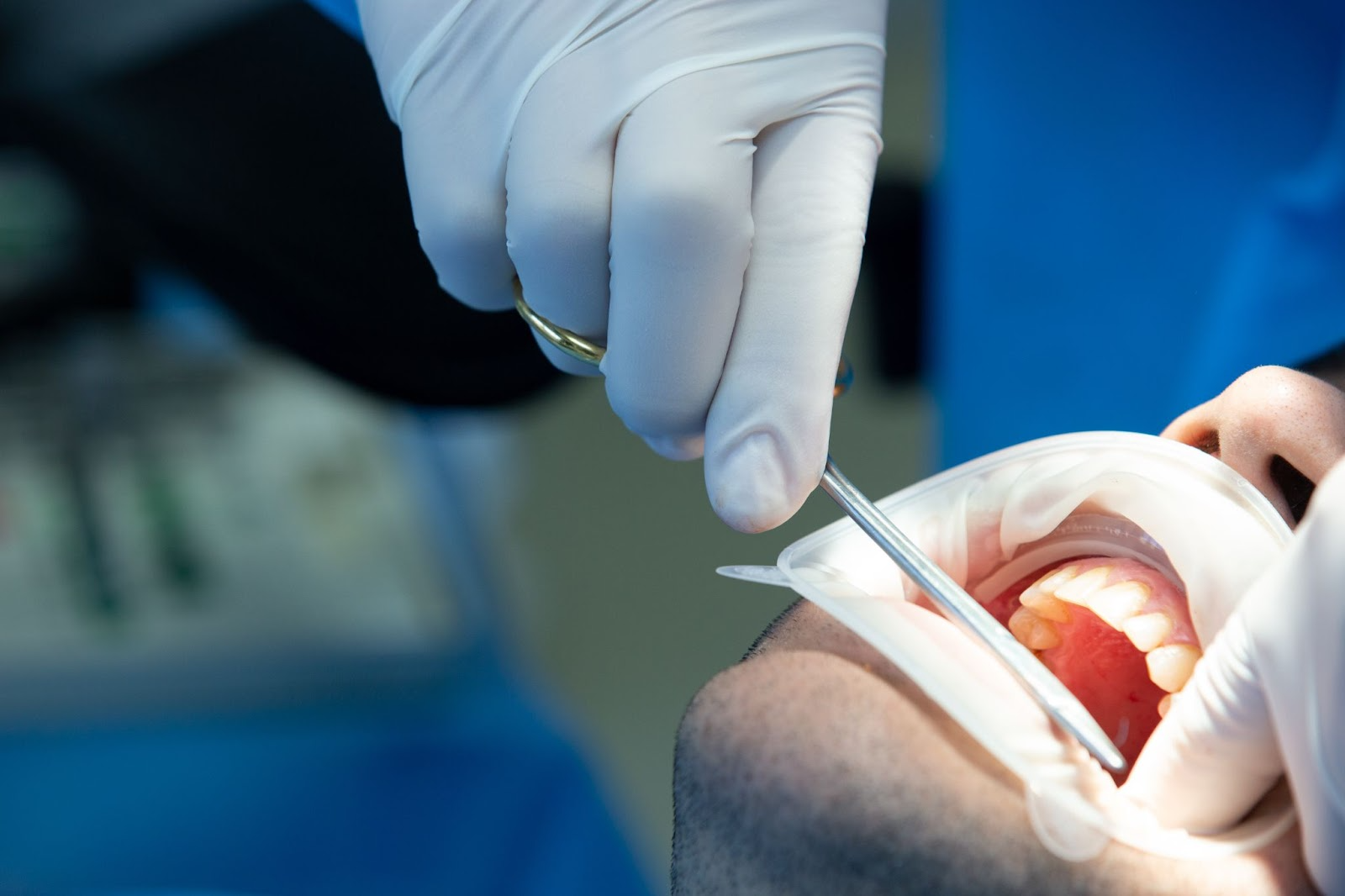Why Do You Need Deep Teeth Cleaning?

According to the FDI World Dental Federation, around 3.9 billion people
worldwide (which is 44%—almost half of the world’s population) are affected by oral diseases due to poor oral hygiene.
Sometimes, regular brushing isn’t enough to maintain good dental health. If the harmful bacteria invade beneath your gum line, you’ll need deep teeth cleaning to control the infection buildup, restore healthy gums, and maintain your oral health.
What Is Deep Teeth Cleaning?
Deep teeth cleaning might sound like some expensive dental treatment that you should undergo after having particularly sticky meals or missing your regular visits to the dentist. On the contrary, it is an affordable cosmetic dental procedure performed by a dentist to treat gum disease.
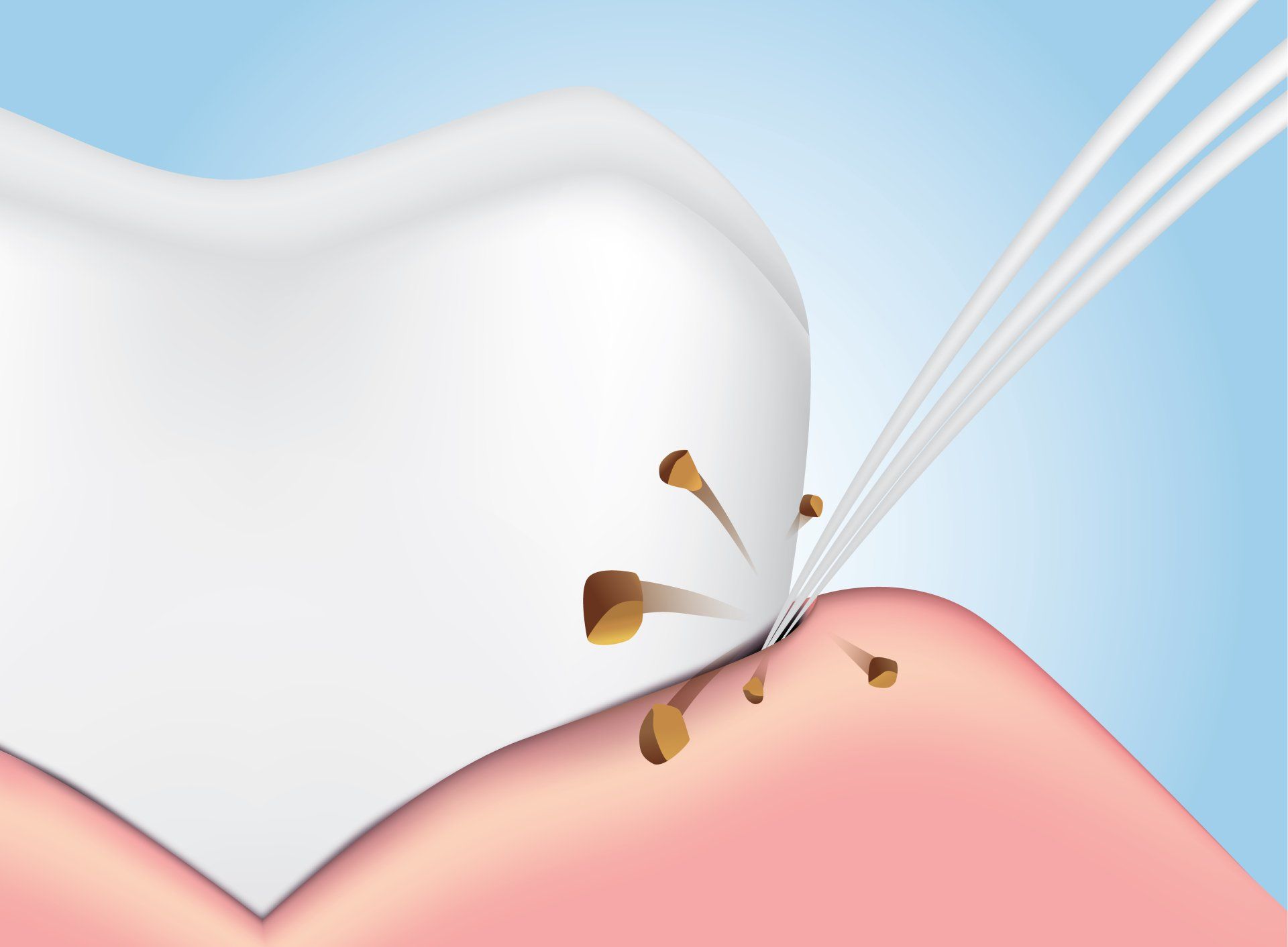
This process is required when the tartar buildup creates pockets due to the widening of connective tissues between gums and the teeth causing gingivitis. If left untreated, gingivitis can turn into advanced periodontitis that can affect the bone that supports your teeth. And that can ultimately lead to tooth loss.
Common signs that indicate you need deep teeth cleaning:
- Pain when chewing
- Loose teeth
- Sensitive teeth
- Halitosis (persistent bad breath)
- Tender or bleeding gums
- Red or swollen gums
- As gums recede, your teeth might look like they’ve been getting longer
The Need for Deep Teeth Cleaning
3 mm or less deep pockets are considered healthy. If the gum pockets are more than 5 mm, you‘ll need to visit an advanced dental care in Brooklyn for deep teeth cleaning including scaling and root planing.
Deep teeth cleaning helps you:
- Protect the gums and roots of your teeth
- Eliminate bad breath caused by gingivitis
- Enhance your oral health
- Prevent tooth loss
- Treat current infection and promote healing
- Stop the advancement of gum disease
- Clean our teeth below the gumline
It is recommended to have regular deep teeth cleaning appointments every six months to keep your gums healthy.
Deep Teeth Cleaning Process
The deep teeth cleaning process includes scaling and root planing procedures.
The scaling process involves removing tartar and plaque from the deep pocket area between gums and teeth. It can be done using manual scaling tools or advanced either electric or ultrasonic instruments.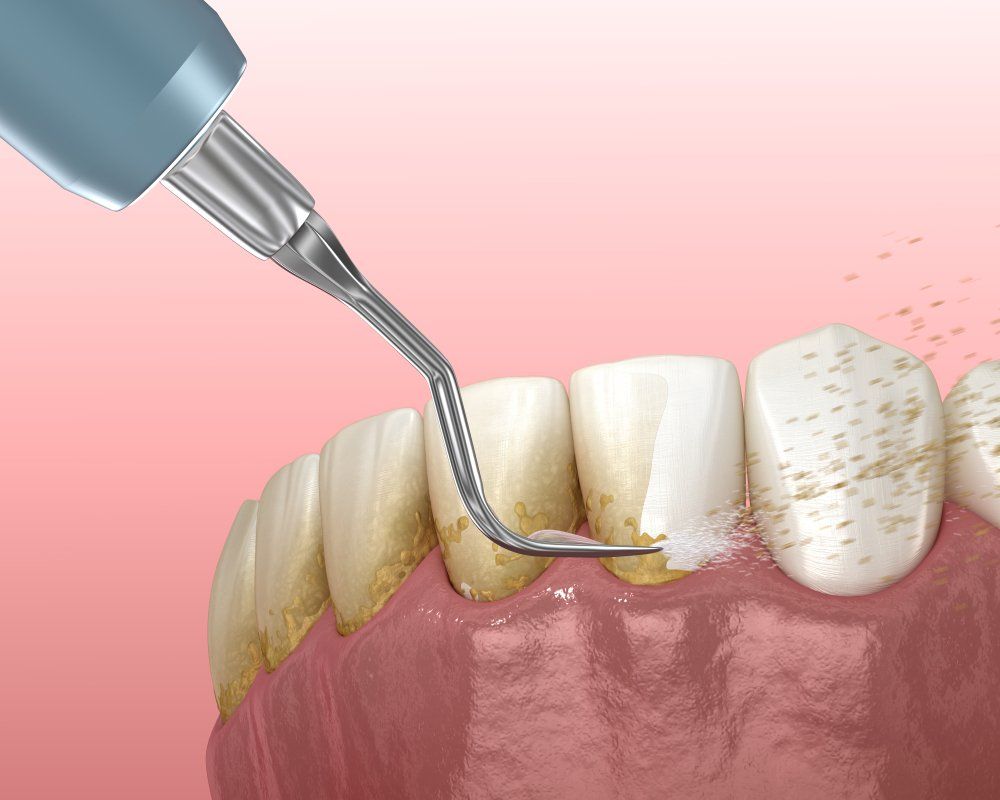
Root planing is a process that involves removing tartar and plaque from the surface of the roots of your teeth using a scaling instrument. It helps the gums to reattach to the tooth and reduces the pocket space that can catch harmful tartar and plaque build-up.
Note: If you have liver disease, any heart condition, diabetes, or any other disease that may weaken your immune system, you are at a high risk of developing an infection. Discuss such conditions with your dentist.
How Long Does Deep Teeth Cleaning Take?
Deep teeth cleaning includes dental scaling and root planing that usually require one or two visits depending on your oral health. It is a non-surgical procedure that will take around 1 to 1.5 hours per visit.
However, if your gum infection is widespread or you have multiple trouble spots, it will take more visits and your dentist will usually perform on 1 or 2 quadrants of your mouth per visit.
A follow-up visit may be required to make sure that everything is healing properly and the pocket size is less than 3mm between your teeth and gums.
The Deep Teeth Cleaning Aftercare
Generally, after this deep teeth cleaning procedure, the harmful bacteria in the pockets are removed and your gums should become healthier within a few weeks. Most people respond very well to dental scaling and root planing.

Generally, after this deep teeth cleaning procedure, the harmful bacteria in the pockets are removed and your gums should become healthier within a few weeks. Most people respond very well to dental scaling and root planing.
Conclusion
Deep teeth cleaning helps remove the buildup of tartar and plaque on your teeth, get rid of bad breath, reduce gum inflammation, and promote the healing of gums.
Although it is a common and safe dental procedure, you can expect some swelling and sensitivity afterward. If bleeding, pain, or swelling continues for more than a week, consult your dentist immediately.


